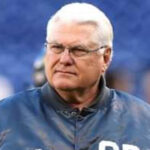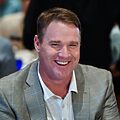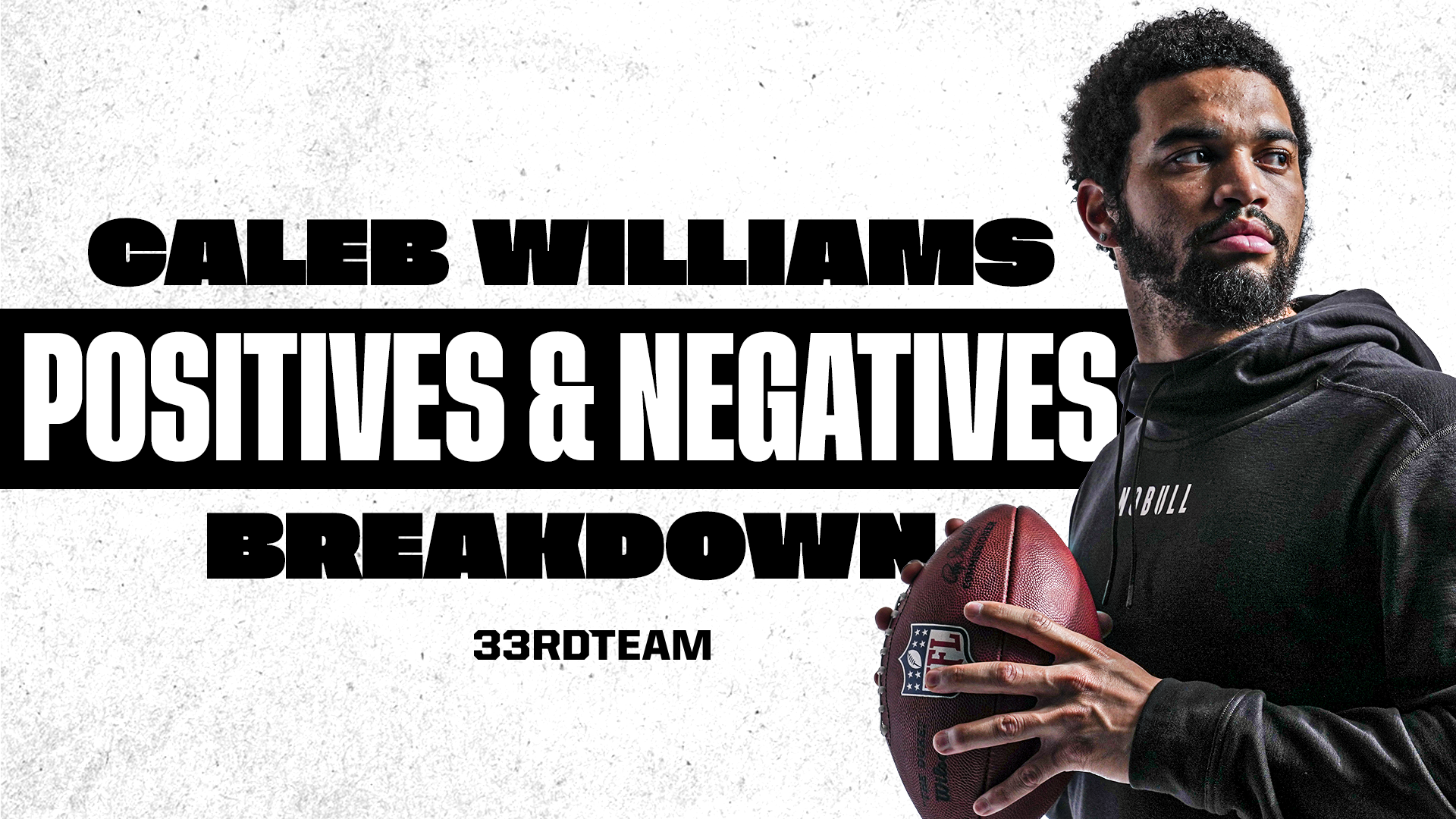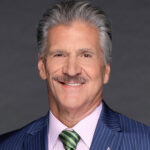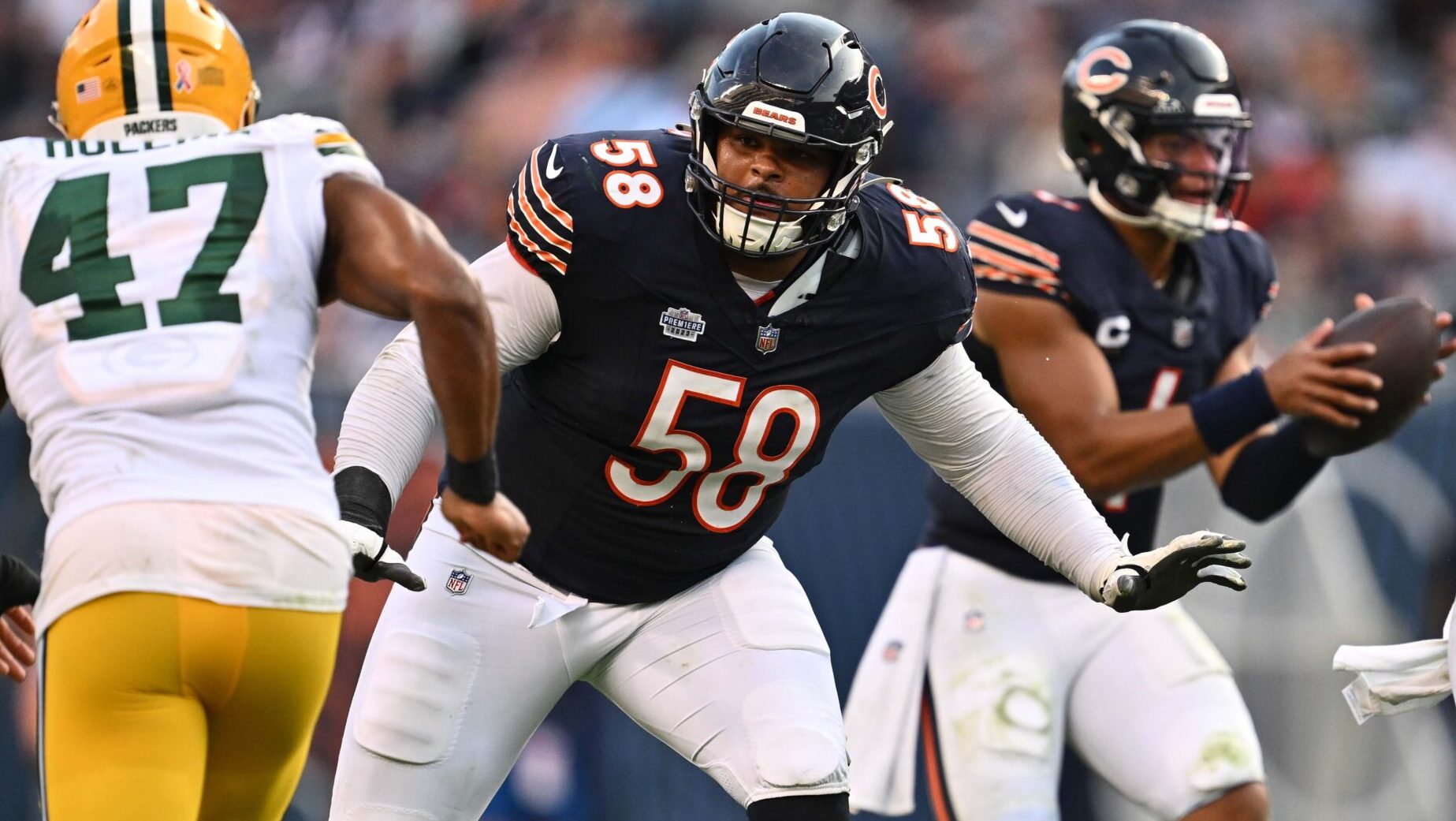Analysis
6/30/21
6 min read
All Coaches Can Learn From John Danowski's Experience at Duke
When John Danowski interviewed for the job of head men's lacrosse coach at Duke University, he found himself at a long conference room table, surrounded by 12 people from all parts of the university.
“There wasn’t one question about lacrosse,” recalled Danowski.
This was in July of 2006, and the school was still reeling from the controversy following a party hosted by the lacrosse team in which three players were accused of raping a stripper. Those charges were eventually dropped, but not before the previous coach was forced to resign and the program was temporarily suspended.
Danowski had been head coach at Hofstra University for 21 years. He had no guarantees when he came to Duke, but he has since led the Blue Devils to three national championships and restored pride in the program.
Whether it’s football or lacrosse -- or any other sport, for that matter -- the same principles apply when it comes to building culture, character and success. Danowski joined the 33rd Team Call last month to share his story.
Danowski already had plenty of ties to football. His father, Ed, played eight seasons for the New York Giants before later becoming head football coach at Fordham University (one of his assistants was a guy named Vince Lombardi). John Danowski dreamed of playing quarterback for Notre Dame … but settled on Rutgers as a backup.
“And I am the all-time leading percentage passer in Rutgers football history,” Danowski said.
“I’m 1-for-1.”
Danowski, now 67, elaborated on the conversation that took place at his interview.
“It was about culture, it was about discipline, it was about structure,” Danowski said. “It was about, ‘How are you going to handle things going forward?’
“Everybody can learn x’s and o’s, but the concept of great leadership -- of understanding, of having empathy, being able to communicate, being able to follow through on discipline issues and how you go about your business – that’s something that you learn about over time, by having great mentors and having people that you watched, and even your own experiences, your own failures.”
Danowski doesn’t begin to take credit for the program’s revival. He credits the players, who unanimously opted to stay. All 33 undergrads on the 2006 team had a blanket release. They were free to transfer anywhere they wanted.
All 33 stayed.
“They wanted to finish out what they started,” said Danowski. “And I thought that was a tremendous decision on their part.”
And that decision was the foundation for how they rebuilt the program.
“We built the program on this aspect of love, of loyalty, on love of the place, love of their teammates, love of the game itself.”
One of the first things Danowski taught his players was a lesson that applies to any sport: It’s one thing to have passion for the game and for your teammates, but don’t let emotion get the better of you.
“Emotion can take you so far, but at the end of the day it’s about execution,” he said “It’s about poise, it’s about your own preparation. The whole piece of throwing your whole identity into being an athlete… it is not who we are.
“There’s a fine line between being obsessed with your performance and with being an athlete, but also balancing it with the other things in your life. So one of the things I’ve learned when you leave here, I always tell them, ‘You’re gonna go on to do great things. This is a stepping stone … If you get a chance to be a champion, it’s awesome. But it doesn’t define who you are and who you’re going to become.”
In addressing the NFL and college football coaches on the 33rd Team Call, Danowski also talked about the fine line that all coaches walk.
“Nothing escapes me in terms of irony,” he said, recalling the feeling he had after winning his first championship at Duke in 2010. “It just struck me, all the great coaches who do unbelievable work but just never had the opportunity to coach at a place like Duke.”
Danowski doesn’t lose sight of the fact that even those coaches who find themselves in great places can miss out on glory by the slightest of margins. One tipped pass, a stop at the goal line. It doesn’t mean those coaches haven’t worked as hard as the most decorated coaches.
“When I was at Hofstra, we didn’t get a lot of credit for a lot of things,” Danowski said. “We would just shake our heads. Nobody knows. Nobody knows what you do during the week. The fires you put out. A bad week of practice. Some injuries. Whatever situations happen, Monday through Saturday, before game day. Nobody knows the time you put in, the sleep that you lose.
“And I think there’s so many great coaches out there – great leaders – great people involved in our business that just don’t get an opportunity, or just miss an opportunity.”
Once Danowski got the opportunity at Duke, one of his core principles was communication.
“I’d get the team together after practice and I’d say, ‘What’s pissing you off today? What’s making you angry?’ Danowski explained. “The thing is getting them to start to talk.”
Danowski made sure his team understood that the locker room and the field are sanctuaries – places where his players can say whatever they want withouh being judged. Maybe a week after asking them what was pissing them off, he’d ask them what made them happy.
“We didn’t have all 45 talking,” Danowski said, “but we gave them the opportunity.
“Gotta teach them how to talk to each other. We didn’t do it to be phony. We wanted to open up these lines of communication and not keep things inside.”
Lastly, Danowski’s success at Duke was built on trust. He made sure the kids who had been through so much before he got there knew their place.
“It was really built on trust right away,” he said. “It was their team and their program, and they did have something to prove.”
Fifteen years after taking over at Duke, Danowski continues to help his players thrive.

